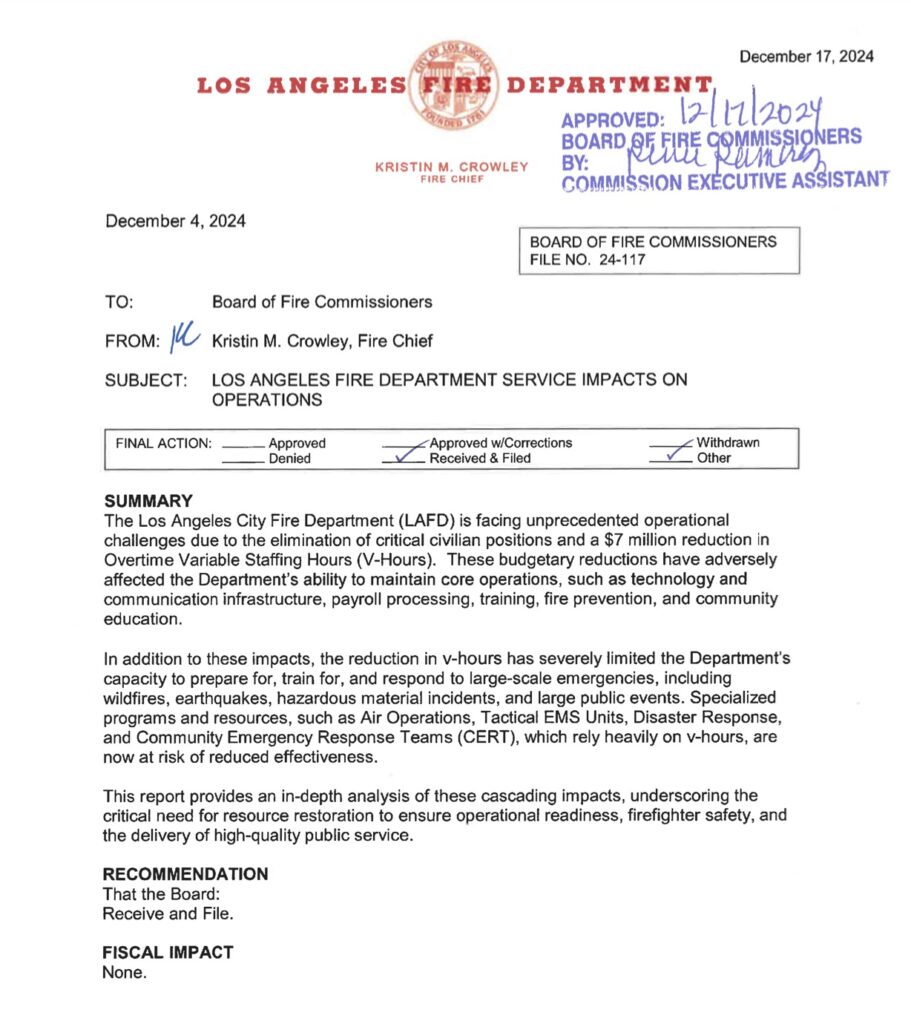https://www.youtube.com/watch?v=AyR4h17jHoI
Live call in link – https://studio.restream.io/eqj-sblw-bet
🐄 ➡️ Join this channel ⬅️ make a difference and get access to perks
✅ https://www.youtube.com/channel/UCG6pDaj42pp0JepuPiKoYCQ/join ✅
🚨📰 GROUND NEWS 15% off! 📰🚨
Quickly spot misinformation, see who is funding each publication, compare coverage, and think critically about the information you consume. Subscribe through my link to get 15% off any subscription:
📰 https://check.ground.news/PoliticalCow 📰
Your subscription not only helps my channel, it also supports Ground News as they make the media landscape more transparent.
📱 [Follow Us] Stay connected for more thought-provoking discussions and behind-the-scenes updates:
🔸 LinkTree: https://linktr.ee/PoliticalCow (all socials listed)
🔸 Visit our website for additional resources and articles: https://politicalcow.com
🚨 [Disclaimer]
The information provided in this video is for educational, informational and entertainment purposes only. We are not financial advisors, and all investment decisions should be made with professional guidance. Affiliate links help support our channel at no additional cost to you. Thank you for your support! Also, please note that some thumbnail images are in fact AI generated for satirical purposes and we work to label them as such.
#Politics #Finance #Investments #satire
Thank you for watching!




